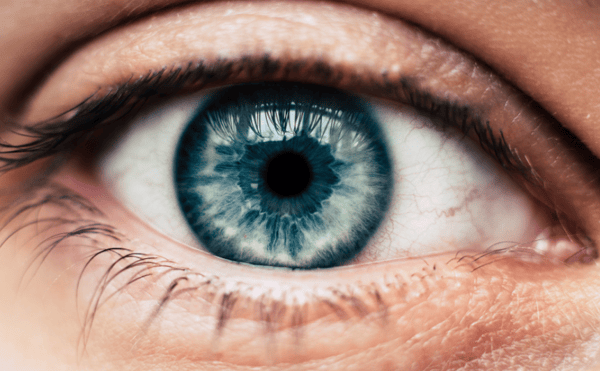Everything you should know about skin cancer around the eyes
When we think of areas of the body most affected by skin cancer, most of us think of those highly sun-exposed areas like the arms, shoulders and nose. But did you know that a very common site for skin cancer to develop is actually on and around the eyes?
Why is the eye area more vulnerable to skin cancer?
The thin tissue around the eyes, including our eyelids, is very vulnerable to damage from the sun’s ultraviolet (UV) rays, which cause majority of skin cancers. This culminates with the fact that many of us stop short of our eyes when we apply sunscreen. In fact, a British study found that even the most diligent of sunscreen wearers often miss their eyes!
When was the last time you applied sunscreen to your eyelids? What about all the way to the rim where the eyelashes grow? This is an understandable problem – we don’t want to get sunscreen in our eyes, as this will cause irritation and sensitivity.
To combat this, we should wear UV-blocking sunglasses. But do you know the UV rating of the sunglasses you own? In reality, some pairs of shades aren’t very useful in blocking cancer-causing radiation.
And our eyes cop a lot of this radiation. UV rays have a habit of reflecting on bright surfaces like glass, water, sand, snow, concrete and even grass, which amplifies how intensely the UV hits our eyes.
Eyelid skin cancers account for 5-10 per cent of all skin cancers.
How can I protect my eyes from the sun?
A couple of useful strategies for protecting your eyes include applying sunscreen as close to the eyes as possible, checking the UV rating of your sunglasses (and maybe buying a stronger pair), wearing a hat and sticking to the shade whenever you’re outdoors, and avoiding looking directly at glary surfaces like those mentioned above.
What skin cancers grow around the eyes?
The majority of skin cancers diagnosed around the eyes are basal cell carcinomas (BCCs). Fortunately BCCs rarely spread beyond the surface of the skin and are the least deadly of all skin cancers. However, they can cause significant disfigurement, especially around the sensitive eye area.
Squamous cell carcinomas (SCCs) are another common type of skin cancer occurring on the eyelids. SCCs have a higher chance of spreading to other organs in the body including the lymph nodes and can become deadly.
Rarely, melanoma can grow on the eyelids or even inside the eye itself. Melanoma isn't always caused by sun exposure and can be triggered by genetic or environmental factors.

What happens if I’m diagnosed with a skin cancer around my eyes?
If you’ve just been diagnosed with a non-melanoma skin cancer near your eye, don’t panic. Skin Cancer Doctors see a lot of cancers in this area, so for them the diagnosis, treatment and management can be routine.
What are the treatment options?
A popular treatment for skin cancers in delicate places like the eyes is Mohs surgery. This involves the removal of a tiny layer of tissue at a time, which is examined under a microscope to check for signs of cancer cells. Another layer is removed and checked until the samples show up completely clear of cancer. This method leaves the smallest scar possible and has a very high cure rate!
You might be able to undergo the procedure with your eyes closed or with numbing drops which allow you to keep your eyes open comfortably.
Other treatments are also available and depend on the specific type and location of the skin cancer, and some other factors that your doctor can discuss with you.
- Tags:
- eye problems
- Skin Cancer
